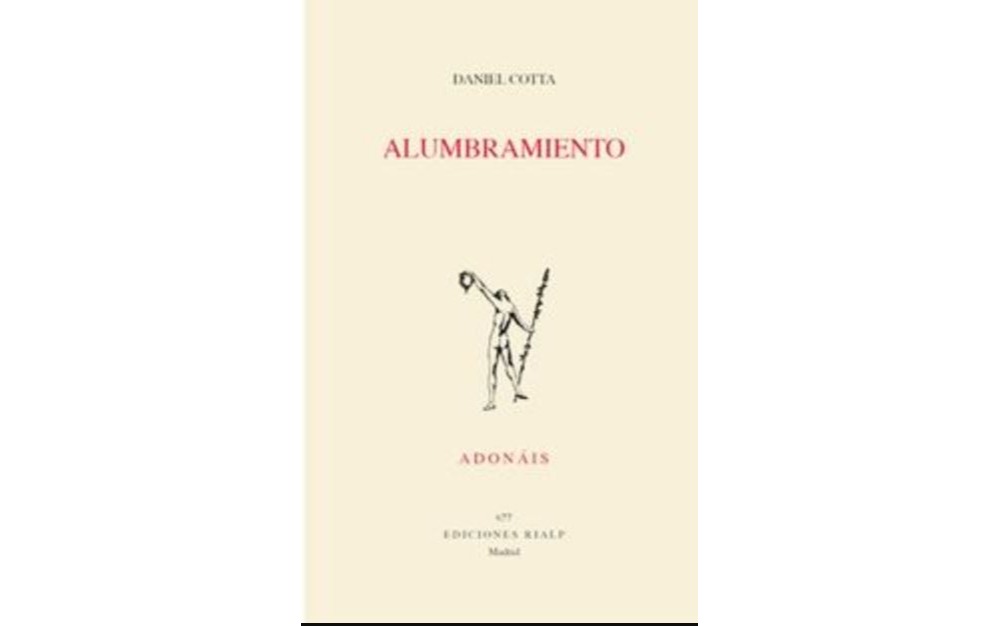
I got to know this work in a somewhat unusual way: a courier agency delivered it to my home by mistake. I confirmed that it was a mistake when I had already opened it, leafed through it, liked it and was given it as a gift. And every gift deserves a thank you, which I intend to convey in these lines.
It is a book of religious poetry, a polished and well-seasoned work by a writer who has several poetic awards to his credit, although he has also cultivated narrative.
It is a synthesis of poetic forms, in which there is no lack of combinations of traditional stanzas with others of more recent cut. However, I do not agree that it is not a mystical book, as it is said in the presentation, because supposedly the author would have his feet firmly planted on the ground.
But the great mystics, like the saints of Carmel, have also had them and have known the trials and joys of daily life, even if their vocation was not that of contemplative souls in their cells.
To have one's feet firmly on the ground is the occasion to contemplate Beauty with a capital letter after looking at the wonders of nature, traces of divine existence. It is astonishment, a grateful astonishment, that makes the poet discover Beauty.
Daniel Cotta Lobato (Málaga, 1974) is a Spanish poet and novelist.
Cotta goes back first to the God of the Universe, who is not only Father, but also Motherto lead us little by little to Christ, God incarnate.
Alumbramientos is a continuous thanksgiving. To give thanks, one must first let oneself be carried away by amazement.This is something that our world does not appreciate too much, because its rationalism wants to control all processes, the explainable and the inexplicable.
However, as Cotta says, God is all wonder and possesses infinite joy. Amazement is proper to children, and surely from this perspective we can understand Christ's command to become like children in order to enter the kingdom of Heaven (Mt 18:3).The same Gospel passage reminds us that this spiritual childhood is only possible through personal conversion.
The poet calls God Creator, Father and My Redeemer. A prayer from the Christian tradition leads him to emphasize that God has not disengaged from the world. God came once to live among men and continues to come, particularly in the Eucharist.
For this reason, according to Cotta, the earth is the tabernacle that guards God. We have been visited by the Sun that rises from on high, the writer recalls with the words of the canticle of Zechariah (Lk 1:67-69), and the author once again allows himself to be carried away by this infinite wonder, present in his poetry, to recall that the Father has entrusted Christ: "And you will be his guardian angel"..
But the astonishment does not cease in other parts of the book, especially for what God has done for this man, "little lower than the angels" (Ps 8:5), and has made him in his own image and likeness. As Cotta says, "to make me, Lord, you drew inspiration from yourself. You looked inward and took out of me the God and clothed him in me". The poet believes in good deification: "I, Lord, am made of You. Let us make the Universe together!"
Many socio-political systems have tried, and continue to try, to create the "new man". They are destined to fail, as history shows. On the contrary, Daniel Cotta speaks to us in Alumbramientos del hombre nuevo, del hombre eterno (The New Man, the Eternal Man)in the expression of G. K. Chesterton, which is the image of Christ.
Antonio R. Rubio PloGraduate in History and Law. Writer and international analyst.
@blogculturayfe / @arubioplo